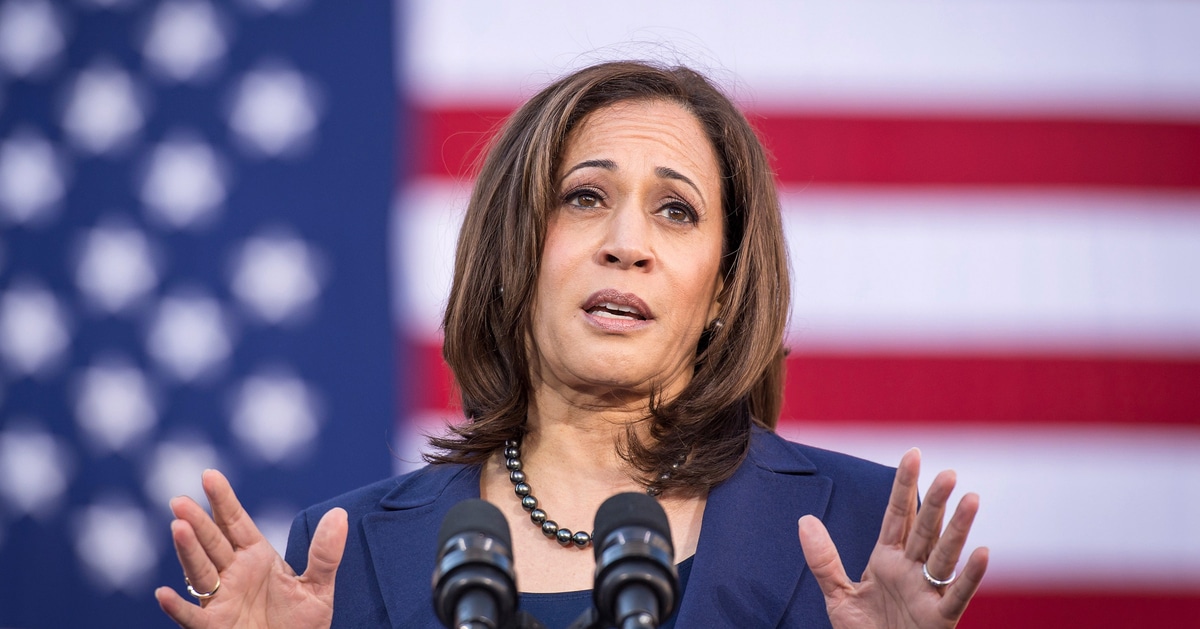





Following discussions with Mexico, President-elect Donald Trump announced significant steps to curb illegal immigration, although Mexican President Claudia Sheinbaum offered a different perspective.
The Los Angeles Times reported that Trump's claim of an agreement with Mexico on migration contrasts with Sheinbaum's assertion of independent efforts by her country.
On Wednesday, Trump publicly declared that his recent conversation with Sheinbaum resulted in a triumph against illegal immigration through Mexico.
This statement came shortly after his threat to impose tariffs on Mexico and Canada to address immigration and drug trafficking issues.
Contrary to Trump's announcement, President Sheinbaum clarified that Mexico was already managing migrant movements without intending to close its borders.
She emphasized ongoing strategies to handle migrant caravans and reiterated Mexico's focus on security cooperation and the prevention of fentanyl consumption.
In her communications, Sheinbaum stressed that these efforts were longstanding and had begun before Trump's recent assertions.
On social media, she responded to Trump's claims by highlighting Mexico’s independent actions against migration challenges.
According to U.S. officials, there has been a noticeable 40% decrease in migrant arrivals at the U.S.-Mexico border since December. This reduction is largely attributed to the enhanced vigilance and proactive measures by Mexican authorities, who have been active in intercepting migrants and relocating them within Mexico.
This collaboration has been part of a broader strategy under the Biden administration to strengthen border management and reduce illegal crossings effectively.
Amidst these discussions on migration, Trump reiterated his plans to impose significant tariffs on imports from Mexico and Canada. On Monday, he announced a proposed 25% tariff on all products from these countries and an additional 10% on Chinese goods connected to fentanyl production.
These tariff proposals, according to Trump, are designed to pressure neighboring countries to take more stringent actions against drug trafficking and illegal immigration.
Further addressing the drug crisis, Trump disclosed his intention to launch a widespread advertising campaign to educate the American public about the dangers of fentanyl. This initiative aims to curb the consumption of the potent synthetic opioid, which has been linked to numerous overdose deaths in the U.S.
The campaign is set to be part of a larger effort to tackle drug issues that often intersect with immigration challenges at the southern border.
Despite the tensions and rhetoric around tariffs and border security, Sheinbaum expressed optimism that a tariff war could be avoided.
Her administration is keen on maintaining strong economic ties and collaborative security efforts with the United States.
Sheinbaum's stance suggests a focus on diplomatic and cooperative solutions rather than confrontational approaches to addressing cross-border challenges.
Throughout the year, trade statistics have shown that Mexico, alongside China and Canada, remains a significant supplier of goods to the United States. These economic relationships underscore the complexity of implementing punitive tariffs that could disrupt established trade dynamics.
As discussions continue, the status of the proposed tariffs remains unclear, with stakeholders awaiting further clarification from the Trump administration.



